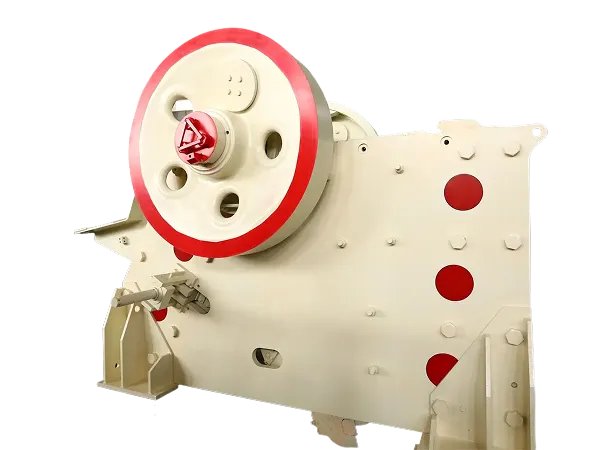La capacidad de un mandíbula Generalmente se mide en toneladas por hora. (tph), pero esta no es una cifra fija. Es una variable dinámica y se ve afectada por una combinación de factores relacionados con el material triturado., diseño de la trituradora y parámetros de operación, y prácticas de mantenimiento. Comprender estos factores es fundamental para optimizar el rendimiento de la trituradora y la eficiencia general de la planta..
Factores que influyen en la capacidad de la trituradora de mandíbulas

I. Características de los materiales:
Dureza y Abrasividad:
Dureza: Los materiales más duros requieren más energía para triturarse y pueden reducir significativamente la velocidad de trituración., reduciendo así la capacidad.
abrasividad: Los materiales altamente abrasivos causan un desgaste más rápido en las placas de las mandíbulas y otras piezas trituradoras.. El mayor desgaste conduce a una menor eficiencia y requiere reemplazos más frecuentes, lo que resulta en tiempo de inactividad y menor capacidad general.
Contenido de humedad/humedad:
Materiales con alto contenido de humedad. (especialmente “humedad interior” absorbido por la roca, no solo agua superficial) puede volverse pegajoso o “parecido a la arcilla,” provocando obstrucciones y puentes en la cámara de trituración. Esto impide el flujo de material y reduce el rendimiento..
Composición y distribución del tamaño de partículas del alimento:
Contenido de multas: Multas excesivas (polvo) en la materia prima puede dificultar la trituración al llenar los huecos en la cámara, reduciendo la eficiencia de la acción de trituración, y potencialmente causar problemas de adhesión. La eliminación de finos antes de la trituración puede mejorar la capacidad.
…
Puede hacer clic para visitar información más detallada sobre los factores que afectan la capacidad de la trituradora de mandíbulas.:https://www.yd-crusher.com/a/news/jaw-crusher-capacity-influencing-factors.html


